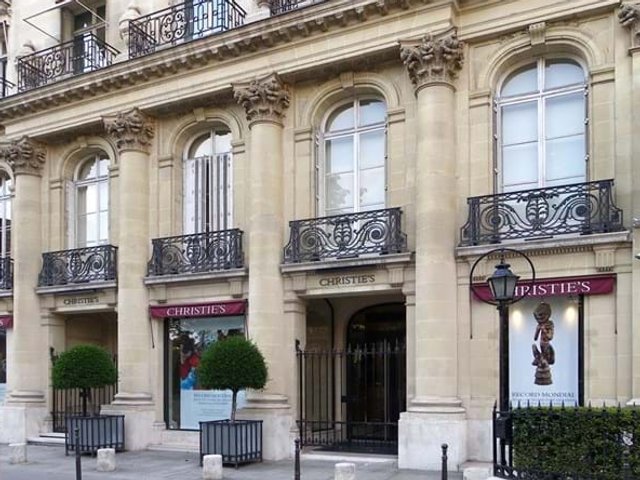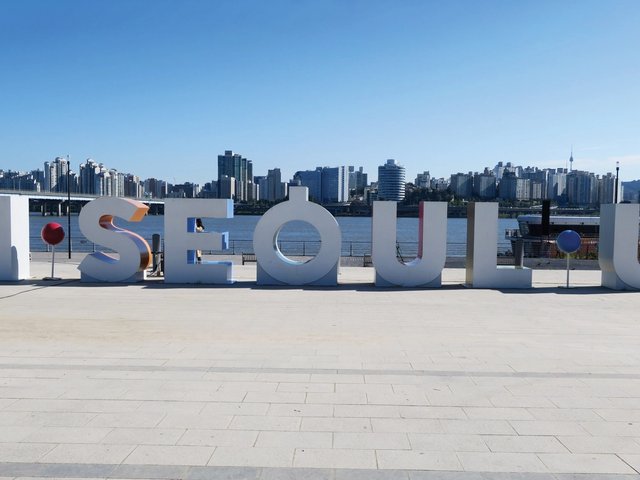Recent shifts in South Korean art market regulation stand to boost the international profile of the country’s artists. This summer, two significant legislative changes were introduced: the easing of a heritage law that restricts the export of art, and the introduction of a new Art Promotion Act, which seeks to better organise the industry, address authenticity concerns and increase transparency within the trade.
“The recent regulatory changes will open doors for Korean artists who primarily sold their works domestically. I expect to see new auction records for those artists soon,” says the South Korea-born art adviser Jiyeon Jung, who co-founded the New York-based Jung & Co Art Advisory. She has worked on projects supported by the ministry of culture, sports and tourism and the Korea Arts Management Service.
Jung notes that nearly 200 works were prohibited from leaving the country between 2018 and 2023, according to the National Heritage Administration. Under the new rules, enforced by the Cultural Heritage Preservation and Utilisation Act, there will be greater freedom in the international trading of works created after 1945.
“This [change in regulation] is expected to boost the Korean art market by increasing global visibility for Korean artists and facilitating trade with overseas buyers,” says Tanya Baxter of the eponymous advisory, which has extensive experience of trading in Asia. She adds that “the easing of regulations will likely lead to increased market activity drawing more foreign buyers and galleries to Korean artists, and also enable more Korean artists to participate in global exhibitions and increase their visibility”.
Resale rights and greater transparency
Meanwhile, the Art Promotion Act—the country’s first law specifically designed for the art market—introduces multiple measures. These include an artist’s resale right, due to come into force from 2027, which will be effective until 30 years after an artist’s death. The government will also commit to promoting the domestic art market, publishing a report every five years detailing its progress.
Additionally, the act seeks to increase the transparency and security of art dealing. Dealers and auction houses will be obliged to provide buyers with a warranty that guarantees a work’s authenticity. And art businesses, including galleries, auction houses and art fairs, will be required to submit annual reports of their transactions.
There are concerns, however, that the reality of enforcing these laws may fall short of expectations: “The artist’s resale right is one of the trickiest new laws under the Art Promotion Act,” Jung says. “It is expected to take effect in July 2027, however, I am doubtful that it will actually happen. Galleries, auction houses and art dealers may be hesitant to open their books, and they may put up a fight.”






